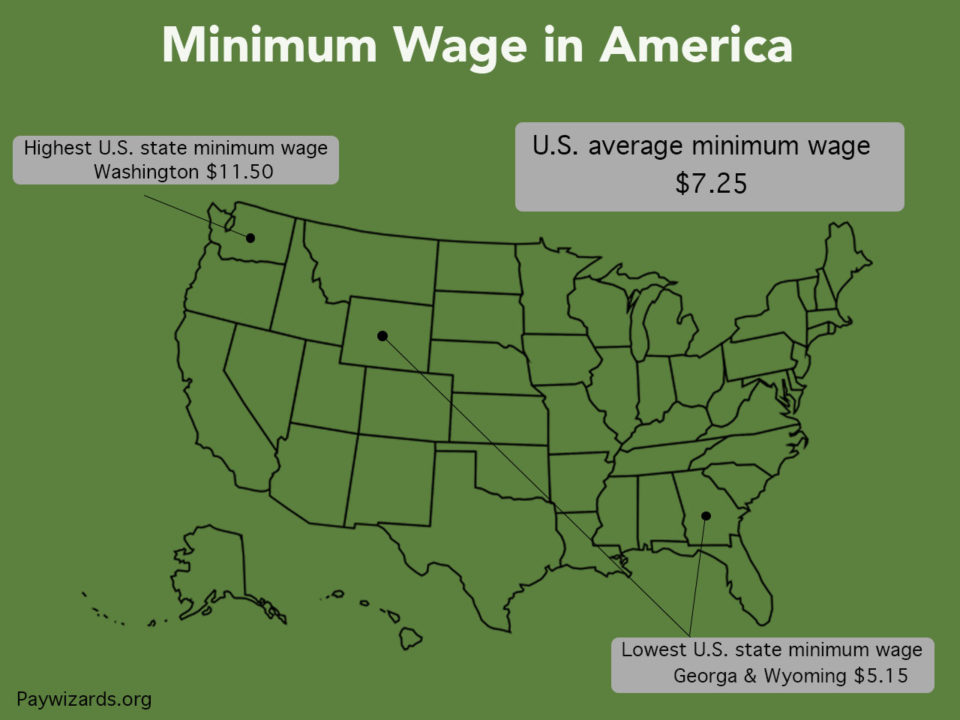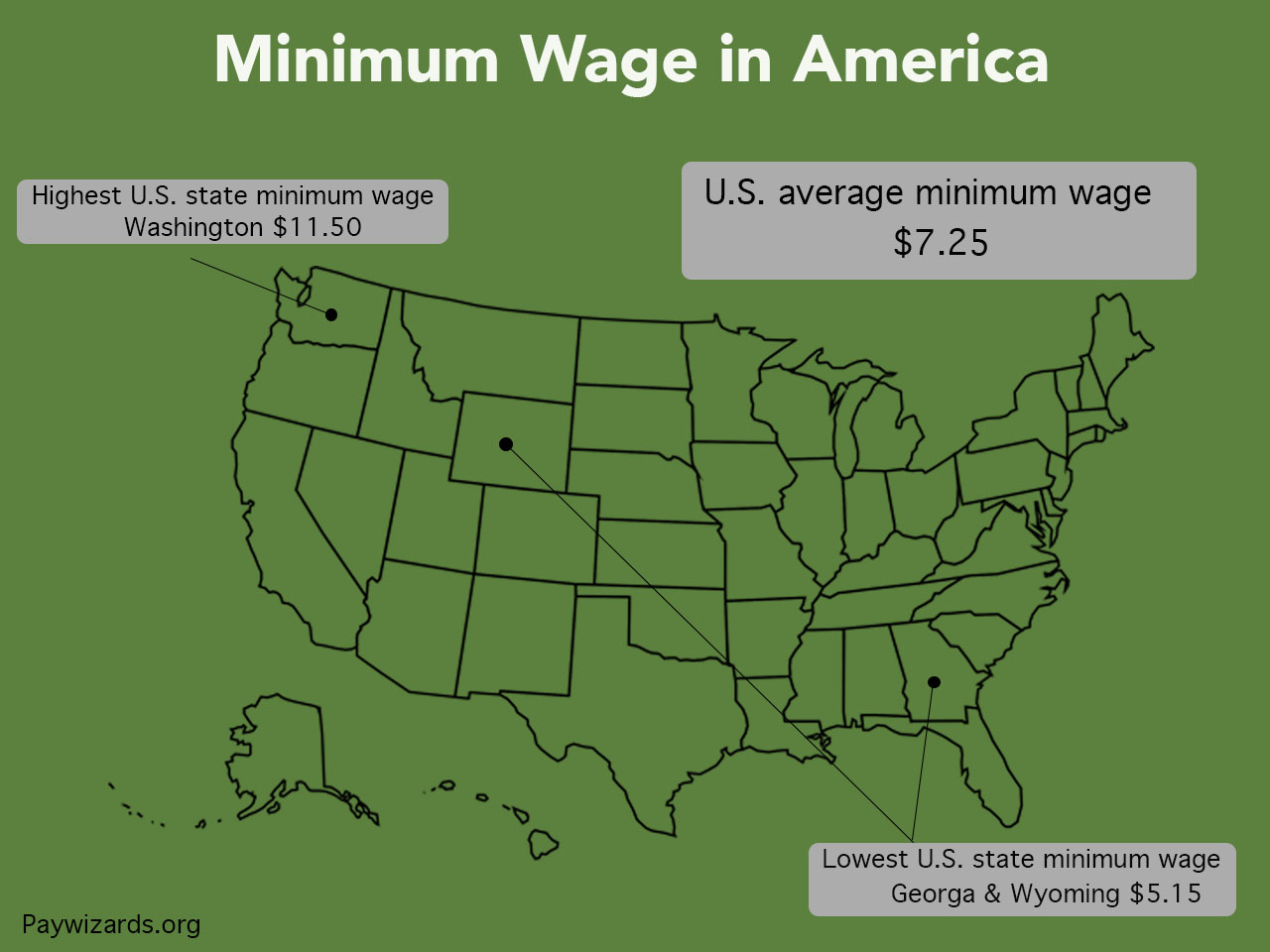
The minimum wage is on the rise. Multiple states, including Minnesota, have implemented plans to raise the minimum wage to $15 an hour by 2024.
St. Paul Mayor Melvin Carter said that under the 2018 minimum wage of $9.65, an employee could work full time all year and still be $5,000 below the federal poverty level.
As a nationwide trend, the cost of living continues to rise as the minimum wage remains the same.
This issue is most common in the competition between fast food restaurants and low-end retail chains to offer cheaper options to customers. Since the purchasing value of minimum wage is decreasing, these sellers must provide dirt cheap deals to reel in minimum wage customers. Stores provide discounts that result in lower profits because it’s the only way to make a profit.
If customers are only able to afford discounted prices, then they are not being paid enough. Low wages hurt both businesses and employees.
In 2017, hundreds of Subway franchisees wrote to the parent company to protest the return of the $5 Footlong. Over the course of the previous five years, sales had dropped by nearly a quarter. To keep investors happy, management believed this was the way to go. The franchisees wrote that the cheap sandwiches would result in barely any profit.
Studies have also emerged that support a higher minimum wage.
Reports from UC-Berkeley and University of Massachusetts, University College London and the Economic Policy Institute show that increases in minimum wage revealed little or no change in employment. These studies combat opponents who claim that the increase will result in devastating job losses.
Michigan State University economists organized reports from 60 studies and concluded that increasing the minimum wage by 10% would only cut employment from .5 percent to 1.2 percent. This research shows that yes, raises in the minimum wage will cost businesses more and will likely lead to some layoffs, but not in the mass numbers that opponents advertise.
Business groups and some Republicans opposed to the raise have blown the effect of a higher minimum wage out of proportion. Their claims that the increase would destroy the economy and lead to mass layoffs are not supported by the research. As depicted in the aforementioned studies, a higher minimum wage will have only a small effect on employment.
A higher minimum wage isn’t a new idea. Over 100 years ago, Henry Ford figured out that by paying his employees over twice the minimum wage he was able to push more money through the economic cycle and increase sales. It also led to lower labor turnover and retraining costs.
Today, minimum-wage jobs face high turnover costs. Raising wages will reduce these costs, as well as put more money in the pockets of potential customers. Without a proper pay, workers aren’t able to become customers.
Kayla Mayer can be reached at maye8518@stthomas.edu



